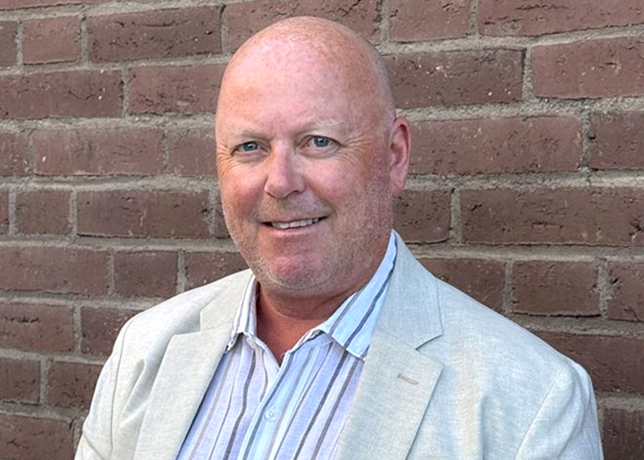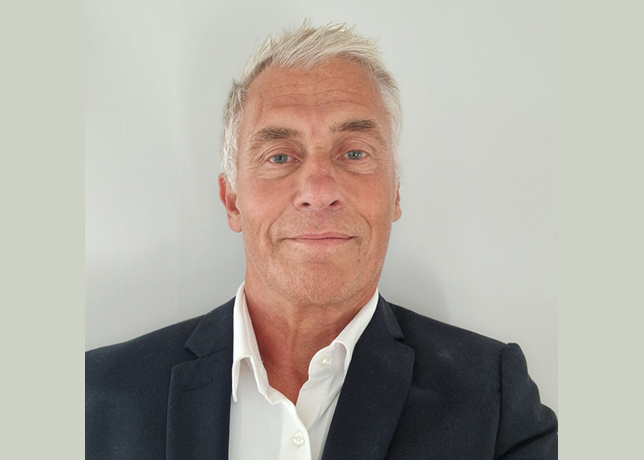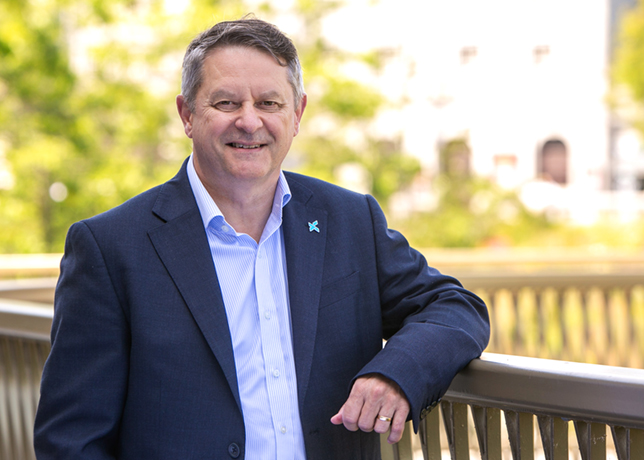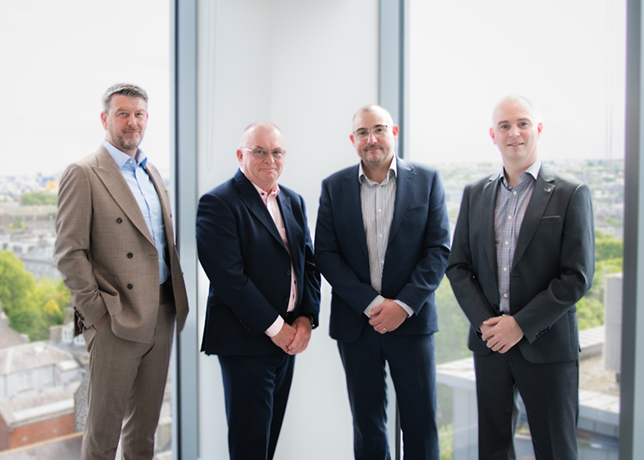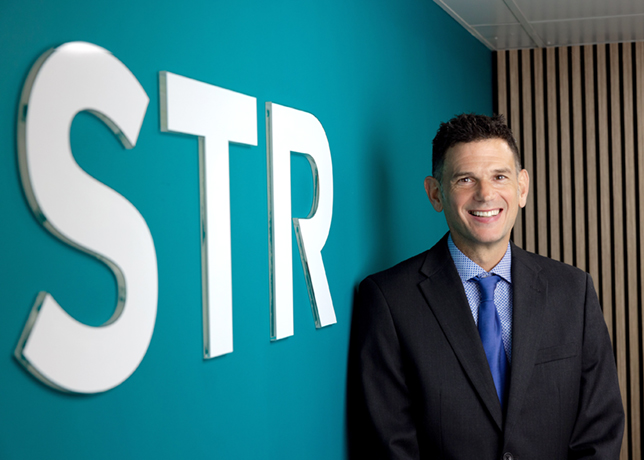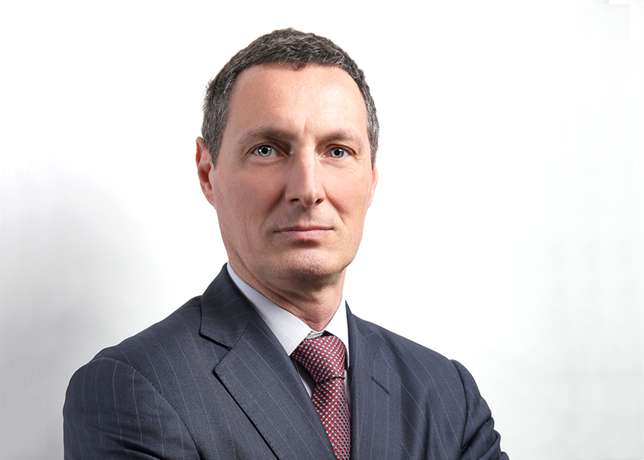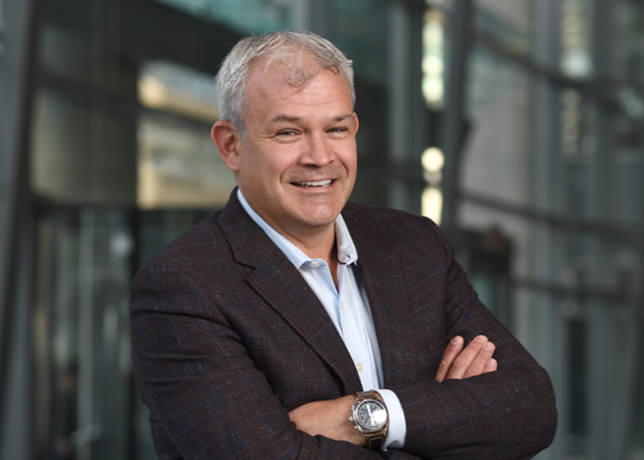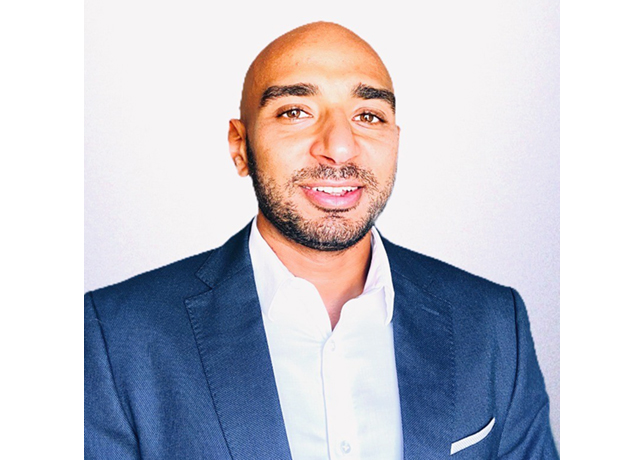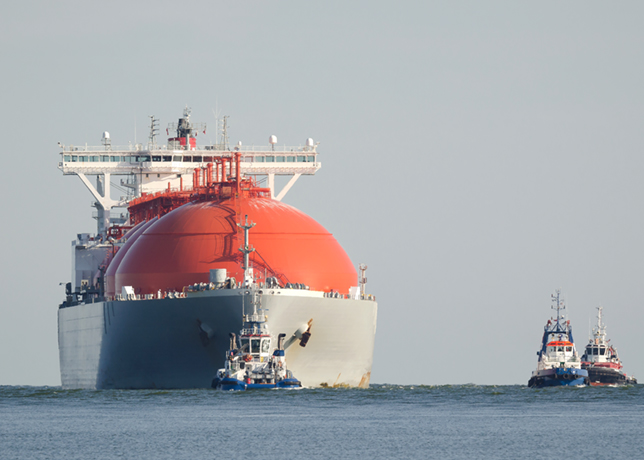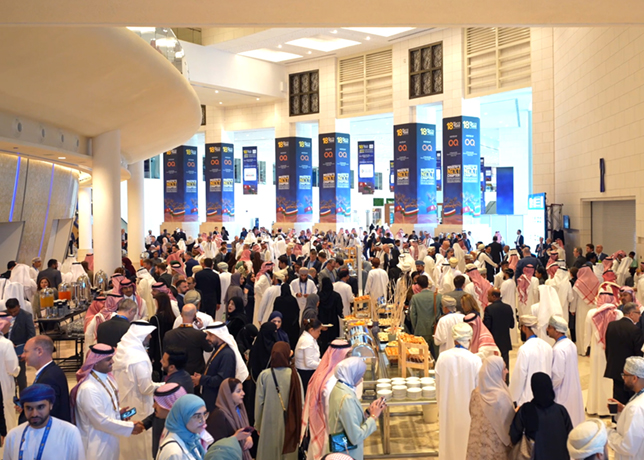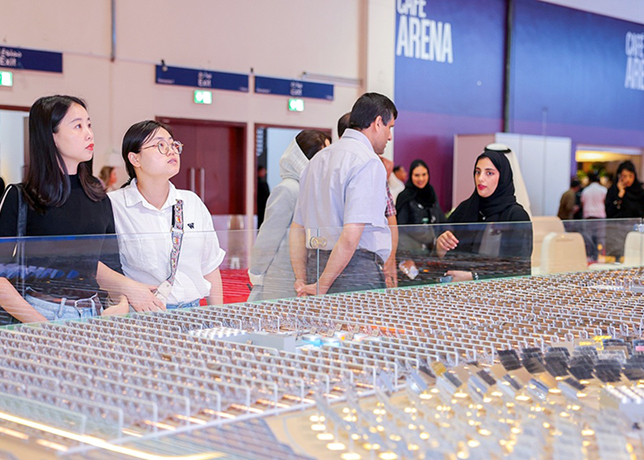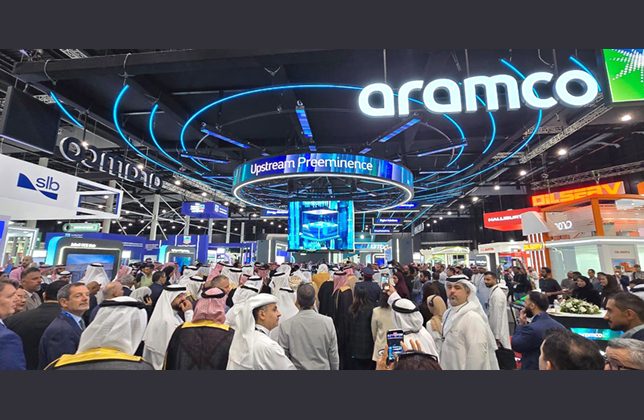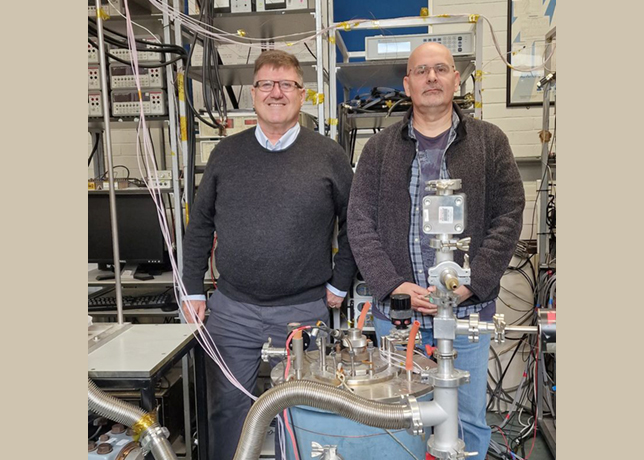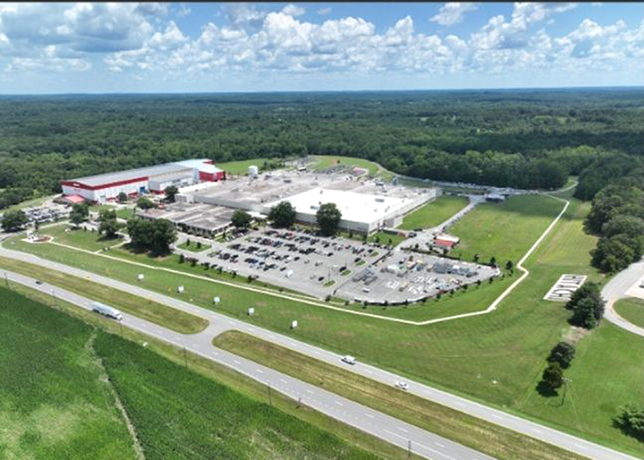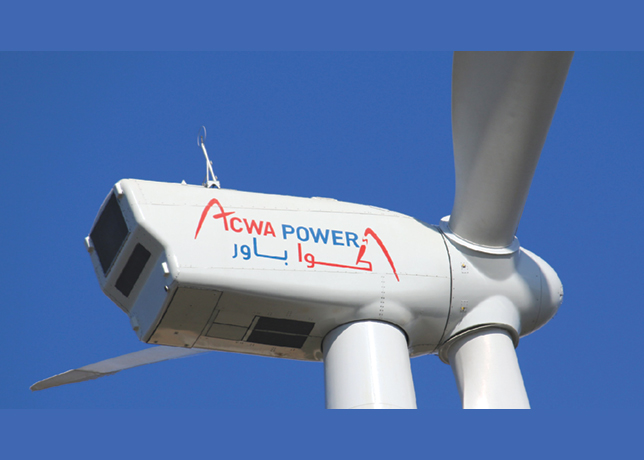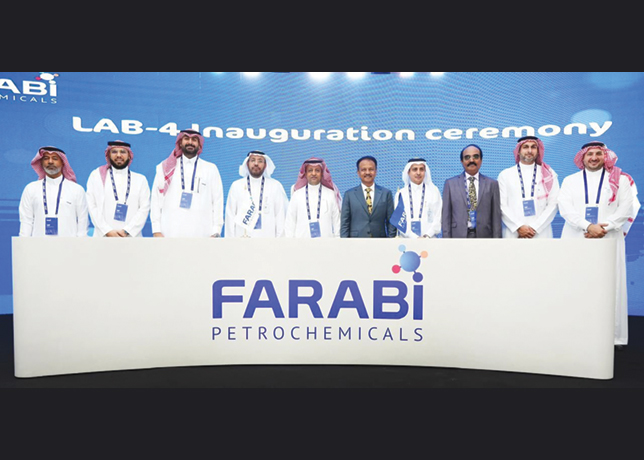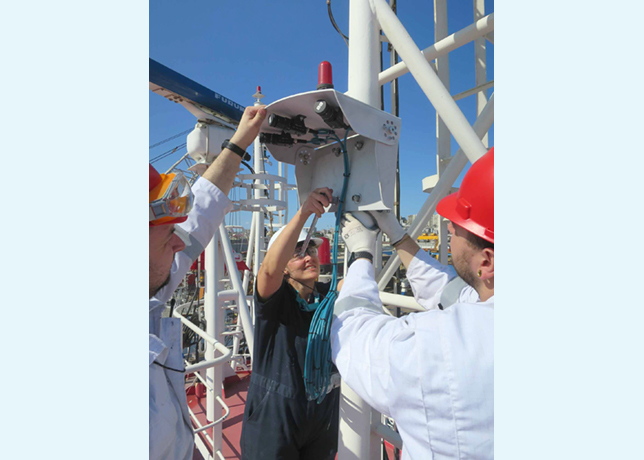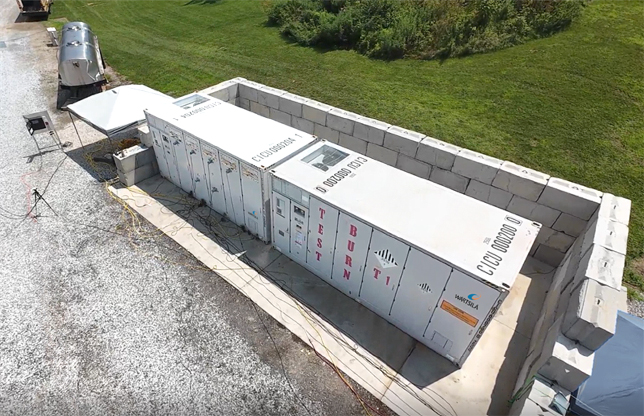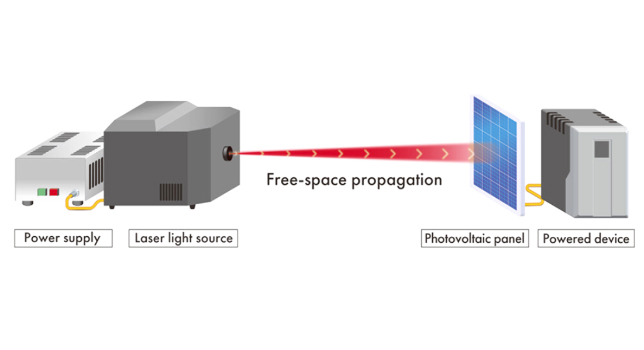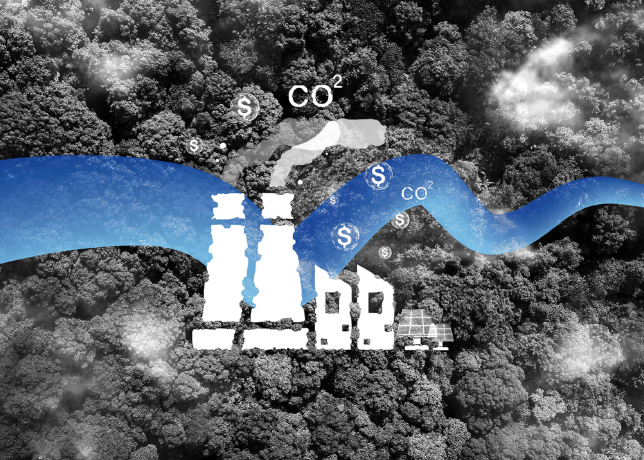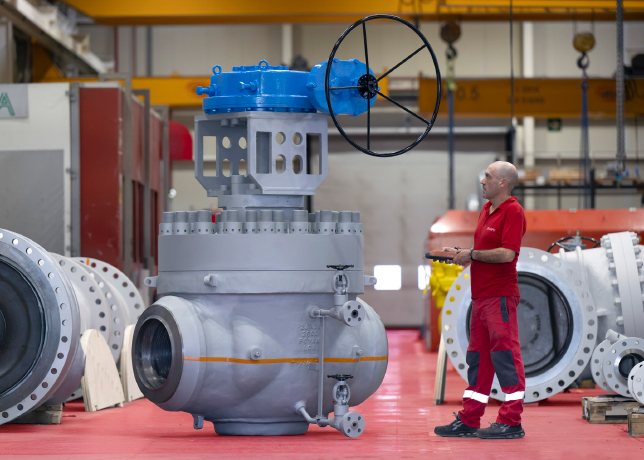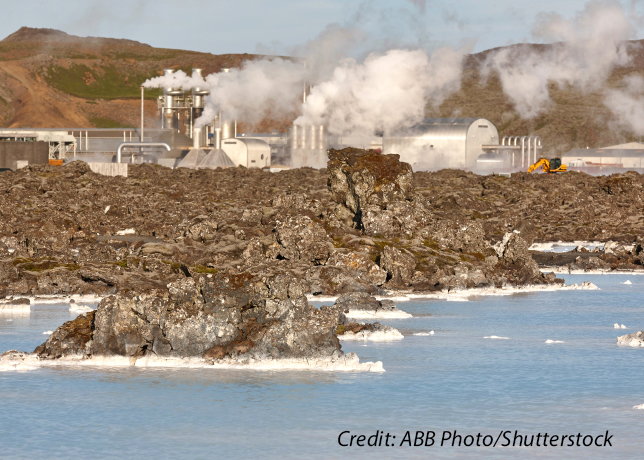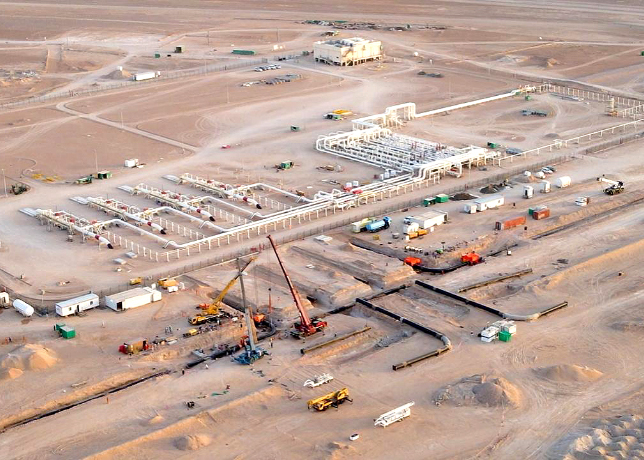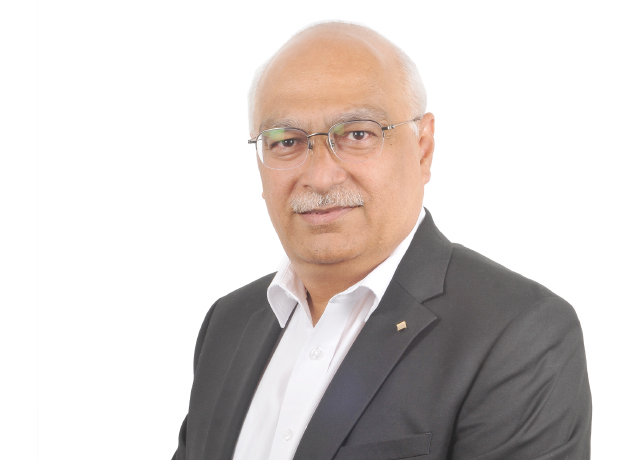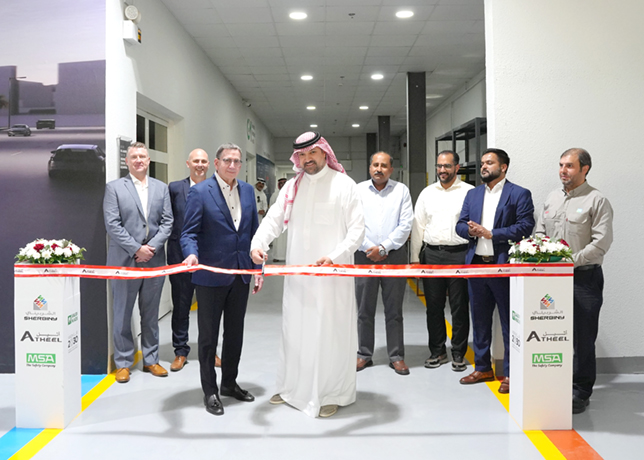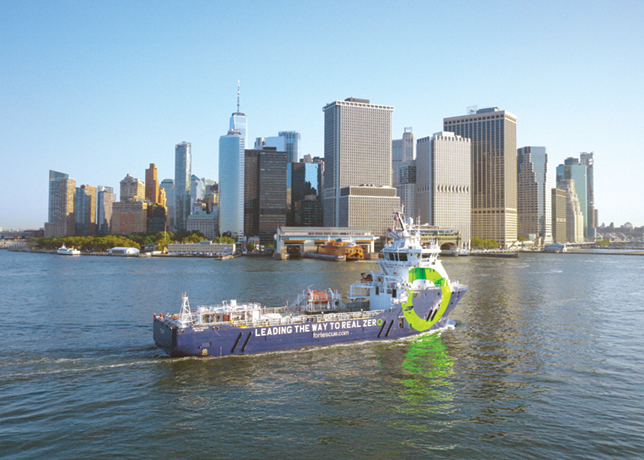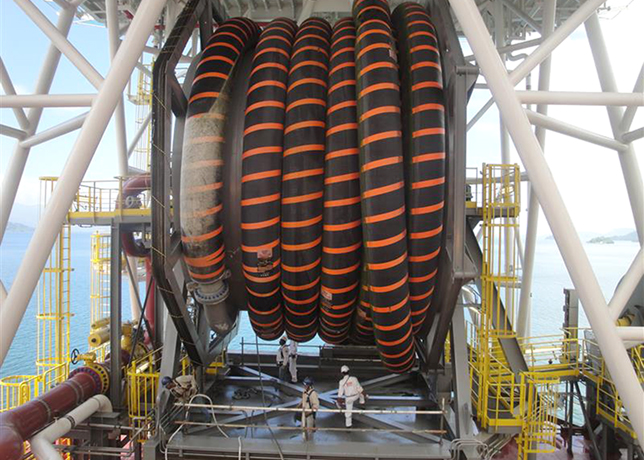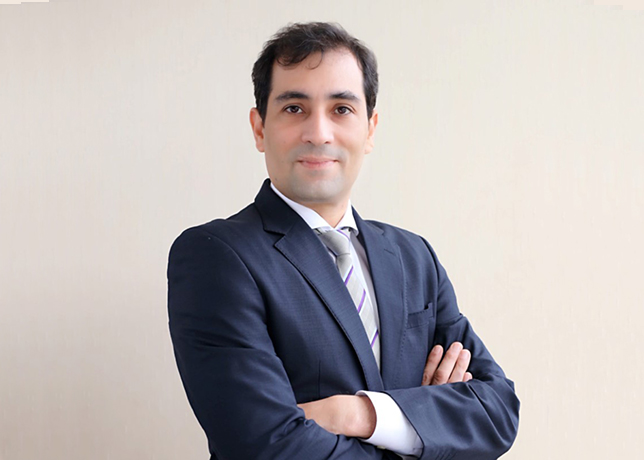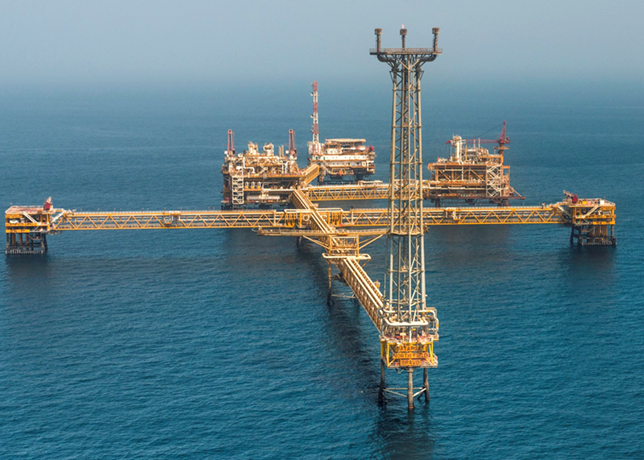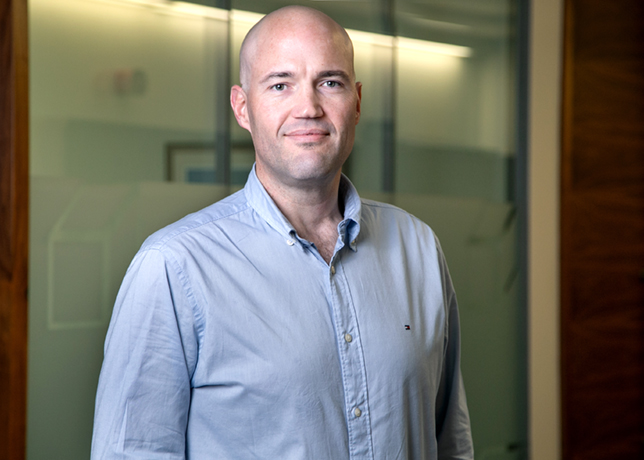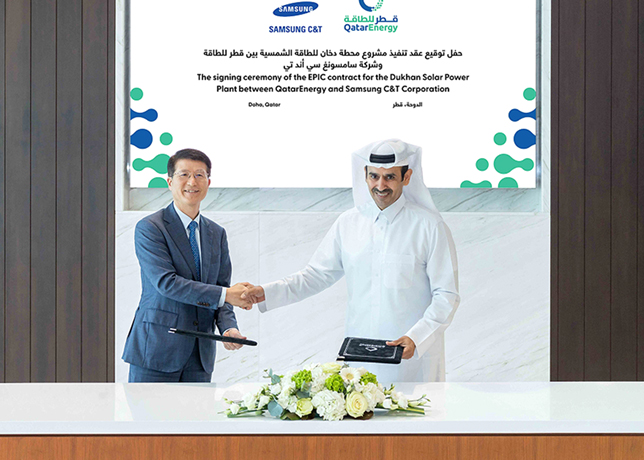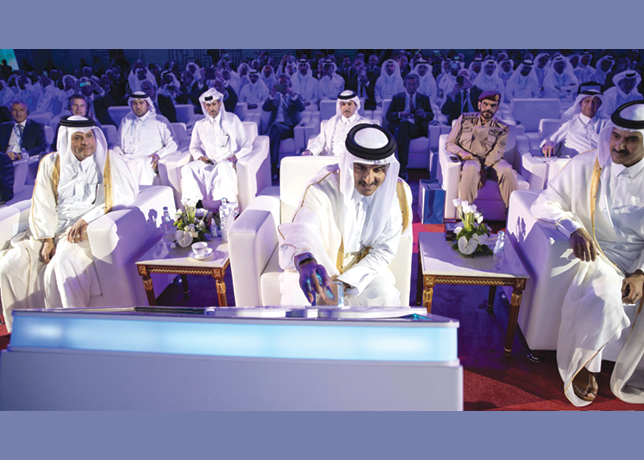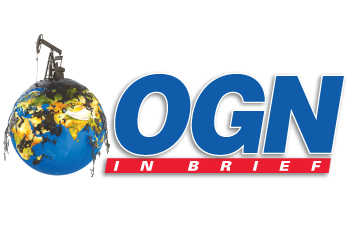

Carbon offset programmes should face tight scrutiny
 |
MANAMA: Early this year Chevron Singapore launched a carbon offset programme for its Singaporean Caltex brand. It’s a neat idea.
Offset schemes such as this hold considerable promise for companies that cannot immediately switch to zero-carbon operations.
Whole industries are adopting an offset approach to reducing their emissions, with a prime example being the Carbon Offsetting Scheme for International Aviation that was launched in 2020.
The concept is simple. For every tonne of carbon you emit, you pay for the removal, reduction or avoidance of an equivalent amount from the atmosphere, for example by planting forests, restoring peat bogs, reducing methane leaks or scaling up technologies such as direct air capture (DAC). These activities generate a financial product—a credit—to use in offsetting emissions.
Full report on Page 64
FLICC: 5 most common tricks of science deniers
 |
MANAMA: In 2007, Mark Hoofnagle from the University of Virginia suggested on his science blog ‘Denialism’ that denialists across a range of topics such as climate change, evolution, and HIV/AIDS all employed the same rhetorical tactics to sow confusion.
The five general tactics were conspiracy, selectivity (cherry-picking), fake experts, impossible expectations (also known as moving goalposts), and general fallacies of logic.
This gave birth to the approach called FLICC: Fake experts, Logical fallacies, Impossible expectations, Cherry picking, and Conspiracy theories. Later, an interactive game called 'Cranky Uncle' was developed. The game brings together these diverse threads, synthesising research into inoculation, critical thinking, and science humour, wrapped in a technological package that makes critical thinking content accessible to players in an engaging, interactive format.
Full report on Page 74
Talent strategy becoming existential priority in O&G
 |
MANAMA: Navigating the energy transition will be a generational challenge, requiring top-tier talent to solve incredibly complex problems.
Meeting this challenge will require retaining and reskilling today’s workers, while integrating new people with varied backgrounds and capabilities. Leaders will need to invest in creating inclusive organisations where everyone feels like a valued contributor with a shared purpose. Generations of talented individuals in the Middle East have pursued careers in energy because it offered opportunities for learning, teamwork, and impact in the service of powering our communities. This will be as true in the future as it was in the past.
Full report on Page 58






